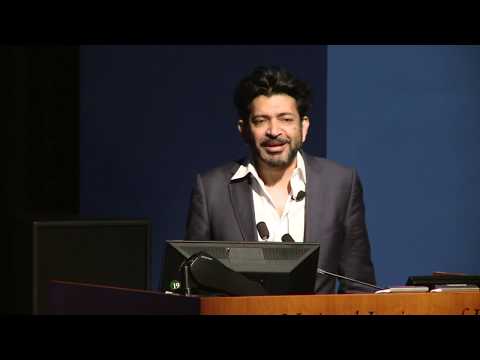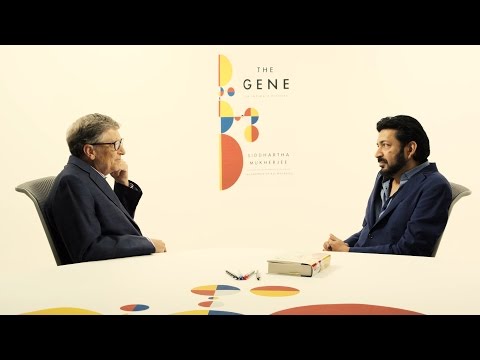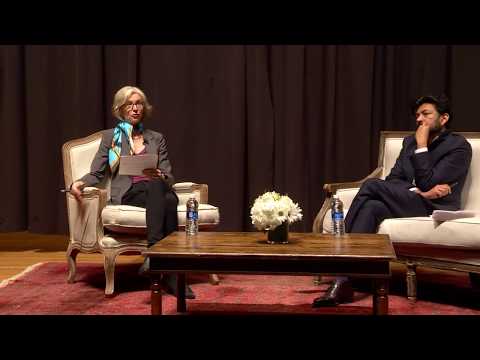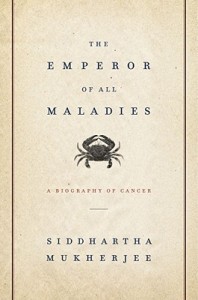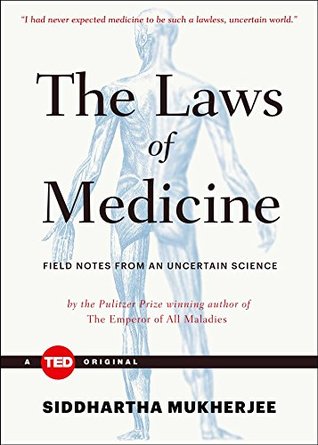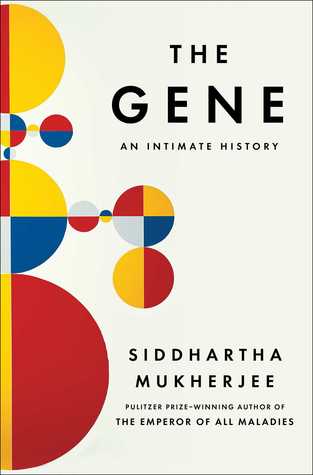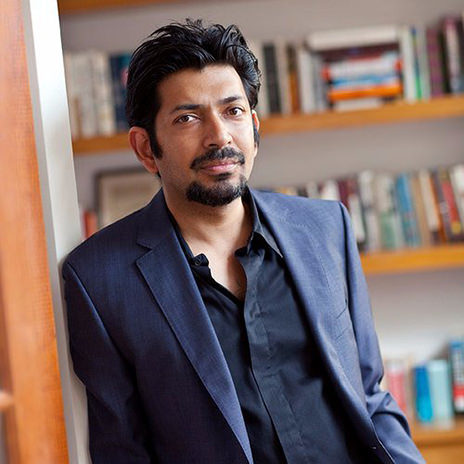
Siddhartha Mukherjee, MD, DPhil
“Down to their innate molecular core, cancer cells are hyperactive, survival-endowed, scrappy, fecund, inventive copies of ourselves.”
Dr. Siddhartha Mukherjee is a hematologist, oncologist, and writer celebrated for his effort to demystify cancer with his Pulitzer Prize-winning book The Emperor of All Maladies: A Biography of Cancer (2010). The work was published to wide acclaim and later formed the basis of the American film documentary Cancer: The Emperor of All Maladies (2015).
Dr. Mukherjee was born in New Delhi, India. He holds a BS in biology from Stanford University, a DPhil in immunology from Oxford University (where he was a Rhodes Scholar), and an MD from Harvard Medical School. He completed his internal medicine residency and an oncology fellowship at Massachusetts General Hospital. Dr. Murkherjee is an assistant professor of medicine at Columbia University Medical Center.
His Pulitzer Prize-winning book, The Emperor of All Maladies: A Biography of Cancer, tells the story of cancer from its first description in an ancient Egyptian scroll to the gleaming laboratories of modern research institutions. A three-part documentary series based on the book, directed by Barak Goodman and executive produced by Ken Burns, interweaves a sweeping historical narrative with intimate stories about contemporary patients and an investigation into the latest scientific breakthroughs.
In Dr. Mukherjee’s next major work, The Laws of Medicine: Field Notes from an Uncertain Science (2015), he outlined the little-known precepts that govern medicine and concluded that an understanding of those precepts can enhearten patients as well as the medical community. The Gene: An Intimate History (2016) plumbs the history of genetic research.
Dr. Mukherjee’s research lab studies the biology of blood development, in particular, malignant and pre-malignant diseases such as myelodysplasia (MDS) and acute myelogenous leukemia (AML). The eventual goal is to develop novel drugs against these diseases.


